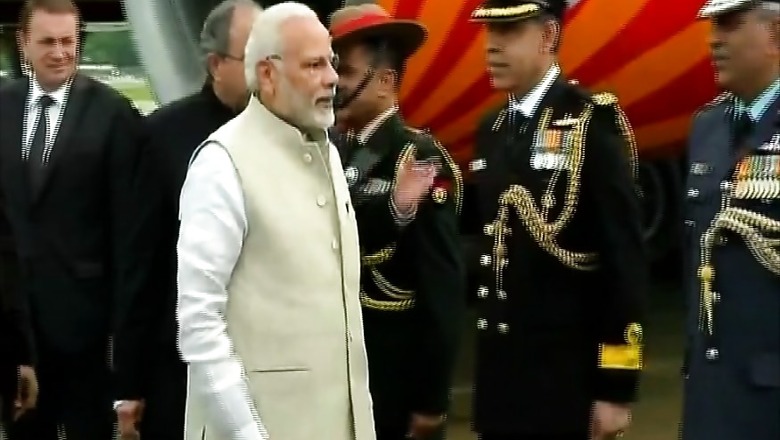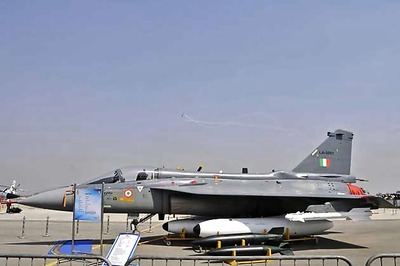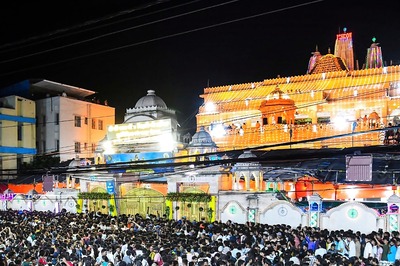
views
New Delhi: As Prime Minister Narendra Modi gets ready to hold an informal summit with Russian President Vladimir Putin in Sochi, the message that he will first and foremost convey to Russia is that the India-Russia defence cooperation stays intact despite the emerging geo-political situations, and specifically the US sanctions against Russian military exports.
Sources said India “will not allow its defence procurements to be dictated by any other country.”
Russia remains India’s largest supplier of weapons. A source said, “Russia has been a trusted and reliable defence partner. Our relationship with Russia is deep rooted.” India faces a tricky security situation in its neighbourhood at present. Fighting terror that is relentlessly coming from the Pakistani side, the deteriorating security situation in Afghanistan and China’s territorial aggression require fortification. It therefore becomes imperative for India to prevent itself from being caught in the crossfire between US and Russia and secure its own interests.
Over the last few years India and America’s growing bonhomie has made its old friend Russia already feel distanced. There has also been another parallel equation developing between Pakistan, China and Russia. This has made it important for India to both revive its relations with Russia and to convey that India values its “old friend and trusted partner.”
Russia has also indicated that the deteriorating security situation in Afghanistan will require the two sides to collaborate. Russian President Vladimir Putin’s close advisor Sergei Karaganov told News18 in February that he does not see US being able to withdraw from Afghanistan. He said he believed that “Russia and India will have to come in eventually and work together”. In fact he had also added that India needs to have “boots on the ground otherwise their boots will be on India,” alluding to the need for military intervention from India which New Delhi has categorically rejected repeatedly.
India’s infrastructure and capacity building efforts in Afghanistan have won it the goodwill of people from the neighbouring country and India wishes to continue its engagement in that role alone.
Sources have said that discussion on specific bilateral issues will be limited as there is already an annual summit scheduled for October this year. The idea, like the informal summit in Wuhan between Modi and Xi, is to be able to provide space and time to the two leaders to be able to dwell on global situation. The situation in West Asia with regards to Syria and US pulling out of the Iran nuclear deal is also likely to be discussed.
Terrorism and ISIS will also figure in the expected five-hour interaction between the two spread over restricted talks and then a tete-e-tete over lunch. Owing to the ‘informal’ nature of the talks, despite the wide-ranging discussions there will be no joint statement.


















Comments
0 comment